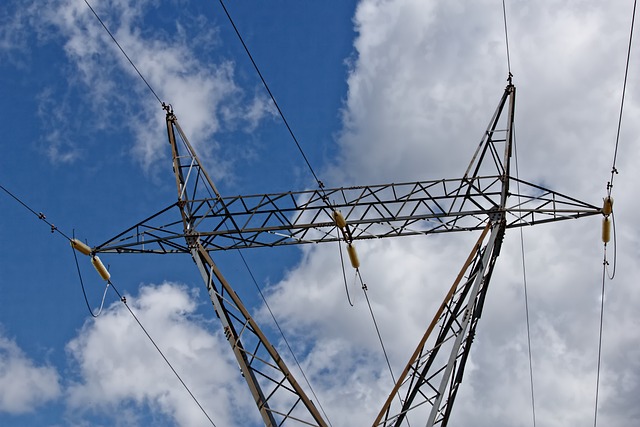Northeast Utilities buys Nstar
By Associated Press
CSA Z462 Arc Flash Training - Electrical Safety Essentials
Our customized live online or in‑person group training can be delivered to your staff at your location.

- Live Online
- 6 hours Instructor-led
- Group Training Available
The acquisition should help Northeast pay for large transmission projects designed to bring low-carbon power from Northern New England and Canada to higher population areas in southern New Hampshire, Massachusetts and Connecticut. The combined company plans to spend $9 billion on these and other projects from 2011 through 2015.
The companies and industry analysts said ratepayers should benefit from both improvements to the power grid and cost savings the new Northeast may pass along.
The new company is "larger, more diverse and very much better positioned to support economic growth and renewables in New England," said Northeast's chief executive Charles Shivery during a conference call with investors.
Northeast has big growth plans, but needs more money to pay for them. Nstar's cash, now being used to buy back shares at high prices, will instead be used to build what the companies hope will be profitable electric infrastructure.
Northeast is projected to grow relatively fast because transmission projects earn a higher return on investment than delivering electricity.
The company has put together plans to build transmission lines designed to bring hydroelectric power from Quebec and wind power from northern New Hampshire and Maine into bigger cities in New England. It also is building transmission lines that cross between Connecticut and Massachusetts and between Connecticut and Rhode Island.
Northeast had been planning to raise money by issuing more shares in 2012, which would have diluted the holdings of current investors. With Nstar providing a new source of funds, that won't be necessary.
Better transmission should save money for ratepayers by delivering power more efficiently, reducing "line loss," which is the loss of power as it is transmitted along aging lines, said Paul Franzen, senior utilities analyst at Edward Jones.
Nstar enjoys what analysts say is one of the most favorable rate deals in the industry, and is therefore very profitable. It covers 1 million Massachusetts customers and is scheduled to expire after 2012. Analysts were concerned that the next deal wouldn't be quite as good for Nstar. As a part of Northeast, though, Nstar won't be as dependent on the coming rate renegotiation in Massachusetts.
The Massachusetts public utilities commission does have the right to renegotiate rates in the event of a merger or acquisition, so the combined company may need to offer ratepayers a price break to secure approval of the deal.
The two companies say customers won't see their rates change, though they say that customers will ultimately benefit from cost savings. David Grumhaus, a portfolio manager in charge of utilities at the hedge fund at Copia Capital, expects that some or all of the savings "should flow to ratepayers," he said.
Together, the companies will own six regulated gas and electric utilities. The transaction is worth $40.28 per share, which the companies say is the average value of the shares over the last 20 trading days. It is 2 percent above Nstar's closing price. Each Nstar stockholder will receive 1.312 Northeast shares for each share they own.
After the deal closes Northeast Utilities stockholders will likely own about 56 percent of the combined business. Nstar shareholders will own about 44 percent.
The companies plan to increase Northeast Utilities' dividend to a level equal to Nstar's quarterly dividend of 40 cents once the transaction is complete. Northeast currently pays 25.625 cents.
Nstar shares dropped 23 cents to $39.30. Northeast shares fell 28 cents to $30.42.
NStar CEO Thomas May will become chief executive of the new Northeast Utilities when the deal is completed. Northeast's Shivery will become the non-executive chairman of the combined company for 18 months.
The combined company will have headquarters in Boston, where Nstar is based, and Hartford, Conn., the home of Northeast Utilities. Each company will nominate seven trustees to the board. The lead trustee will be nominated by Northeast Utilities' board.
It must also be reviewed by a number of federal and state energy authorities. Because Nstar only operates in Massachusetts, the companies do not have to seek the approval of Connecticut and New Hampshire, the other states where Northeast operates.
The deal is expected to add to Northeast Utilities earnings in the first year after its closing. Shareholder approval for the transaction will be sought in early 2011, the companies said. Two-thirds of the outstanding shares of both companies must vote yes. The companies expect the merger to be completed in nine months to a year.











